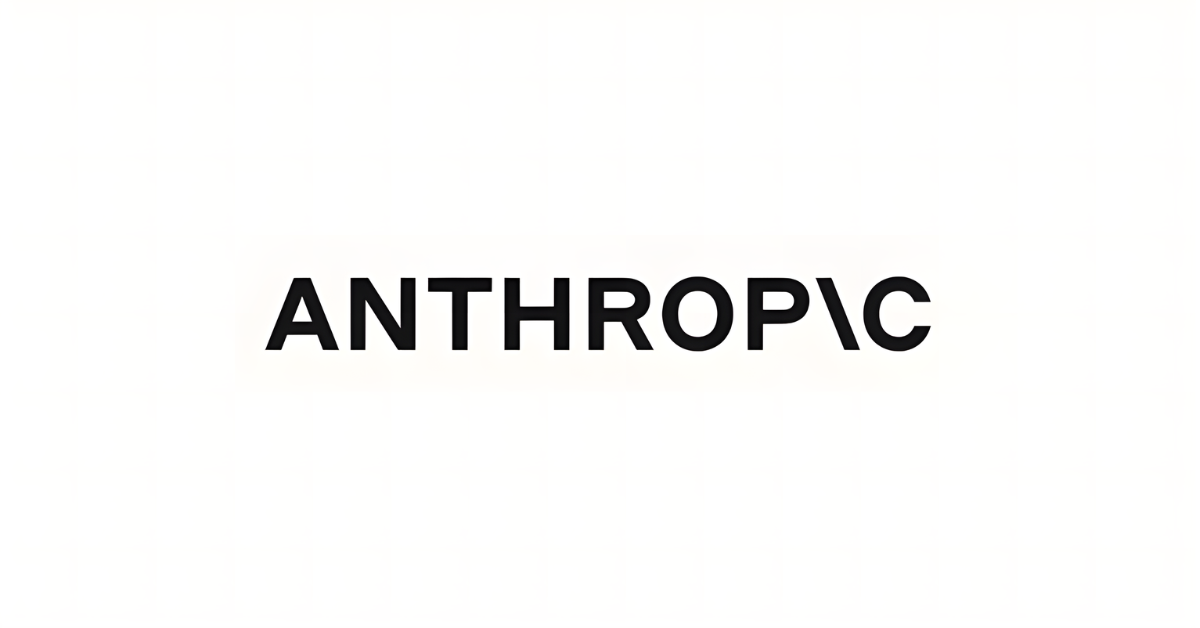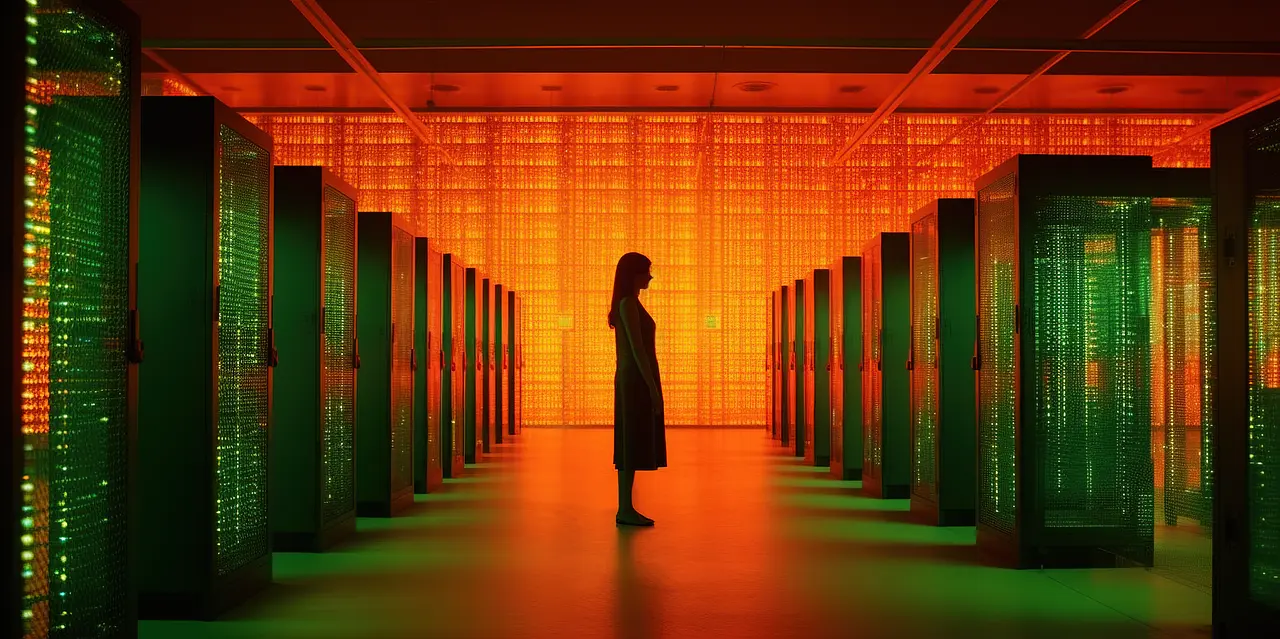Matthew Lawrence has shared his ambitious dream to bring the iconic voice of his late co-star and mentor, Robin Williams, back to life using artificial intelligence at San Diego Comic-Con 2025. This deeply personal tribute idea, however, faces a significant emotional and ethical crossroads, hinging entirely on permission from the Williams family.
A mentor’s lasting impression
Lawrence’s plan is born from a profound bond forged on the set of the 1993 film Mrs. Doubtfire. He described Williams not just as a co-star, but as a source of invaluable life guidance. Williams reportedly taught a young Lawrence about compassion and accepting others.
This mentorship extended into a stark warning about the dangers of substance abuse in Hollywood, with Williams candidly discussing his own struggles and advising the young actor, “Don’t put that stuff in your body.”
More than a decade after Williams’s passing in 2014, Lawrence revealed that the beloved comedian’s influence remains a powerful force in his life. He shared that he still hears Williams’s voice every day, a constant reminder of his impact. This enduring connection is the emotional fuel behind his desire to honor the man he credits with shaping his personal and professional path.
Also Read: Artificial Intelligence is ruining the student-teacher relationship
The vision and its obstacles
The project Lawrence envisions would leverage Williams’s legendary vocal talent, specifically his knack for creating computerized voices and artificial characters. He believes Williams would have been the perfect “voice of AI” and even has a specific application in mind: making him the voice for phone navigation systems. The idea was sparked by an old commercial where Williams performed a computerized voiceover, something Lawrence sees as predictive of today’s technology.
Despite his enthusiasm, Lawrence emphasized that the project is completely conditional on receiving the full blessing of Robin Williams’s family. This respectful approach acknowledges the delicate nature of digitally recreating a deceased performer. It also places his proposal directly in the context of ongoing industry debates about consent and the use of an artist’s likeness after their death.
A family’s stand and an industry debate
The greatest hurdle is the clear and powerful opposition from Williams’s daughter, Zelda Williams. Long before Lawrence’s comments, she has been a vocal critic of unauthorized AI recreations of her father. She finds hearing an artificial version of his voice saying things he never spoke to be “personally disturbing,” comparing the result to a “horrendous Frankensteinian monster.”
Also Read: Men are opening up about mental health to AI instead of humans
Her objections go beyond personal feelings. Zelda argues that such projects threaten the livelihoods of living actors who should be given opportunities to create new characters, rather than competing with digital versions of past legends who cannot consent.
This sentiment is shared by other prominent figures, including Tom Hanks, who has voiced concern over unauthorized AI versions of himself. As voice-cloning technology becomes more accessible through various AI generators, the ethical questions surrounding consent and artistic integrity grow more urgent, placing Lawrence’s tribute at the center of a challenging modern dilemma.





